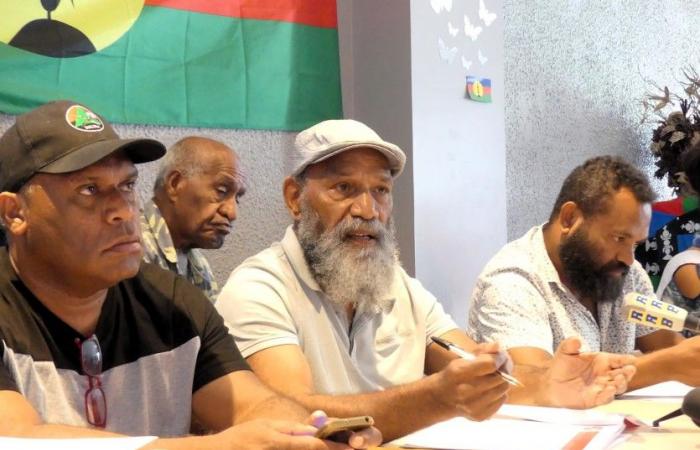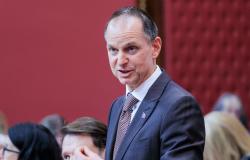The FLNKS is officially orphaned by two of the four parties that historically comprised it. Unsurprisingly, the Kanak Liberation Party (Palika) announced, this Friday, November 15 at a press conference, that it was withdrawing from the “current operation” of the Front. The day before, the Progressive Union in Melanesia (UPM) had already recorded its withdrawal. The decision was taken by the Palika during its 49e congress, organized last weekend in Kaala-Gomen. It comes two months after a first suspension of his participation in the Front, following the 42e congress of the FLNKS which resulted in the integration of the CCAT and the appointment of its leader, Christian Téin, to the presidency.
PS2R, a step towards independence
In the future, no member of the Palika will therefore be represented within the FLNKS political bureau. “On receives invitations every week, comrades decline“, underlines Adolphe Digoué. The party does not prevent itself from “discuss with groups“who make up the Front”on different topics“.
This withdrawal is not simply the result of a divergence of position around the integration of the CCAT or the events of May 13. The Palika now judges that the format proposed by the FLNKS, “instrumentalized by certain components“, no longer allows it to properly carry out its flagship political project: accession to independence with partnership. It is therefore under the banner of the Union for Independence (UNI) that the party will try to convince”local partners and the supervisory power” of the merits of this proposal.
To achieve this, “two construction sites have been opened“, presents Charles Washetine, spokesperson for Palika, and must be carried out between now and the provincial elections of November 2025. The first consists of mobilizing the party’s base to defend, across the country, the safeguard plan, of reconstruction and refoundation (S2R) carried by the 17e government. A reform program which could lead to “a sharing of sovereign skills“and the definition of a”new social contract proposed to Caledonians“, according to Judickaël Selefen, also spokesperson. By laying the foundations of a new model of society, the S2R plan is perceived, in the ranks of Palika, as the perfect way to prepare for accession to full sovereignty in partnership .
Decisive provincial elections
The second project launched concerns “discussions on the institutional future“, poursuit Charles Washetine. “IWe need a global agreement to configure the relations that we will have tomorrow with the State.“This agreement must integrate the burning issue”of the electorate“, but also define a “transition period“before the organization of a new one”self-determination referendum” on the project of independence with partnership.
These two projects will be the pillars of the campaign for the provincial elections of Palika, a vote “major“says Charles Washetine.”We must win so that at the end of these elections, we have a sufficient balance of power to implement our political solution.“






